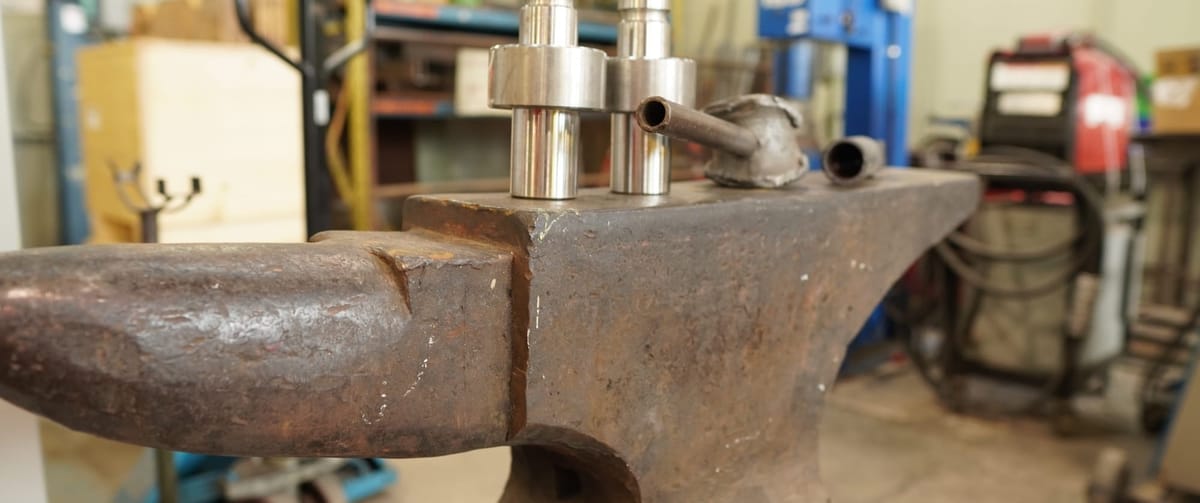Three Mindset Shifts Required for Successful AI Adoption in Teams

The rise of AI in the workplace brings many benefits, but it also requires a shift in how we think about tools and productivity. Despite its potential to revolutionize how we work, many teams struggle with fully embracing AI. Here are three crucial mindset shifts needed for successful AI adoption.
1. It’s Not Cheating
One of the most common misconceptions about AI is that using it feels like “cheating.” People worry that if they didn’t do something manually, the accomplishment doesn’t feel legitimate. But think about it this way: if someone asked you to create a 200-column Excel spreadsheet, you wouldn’t do it by hand. You’d use Excel because it’s a tool designed to make your life easier. We don’t think of Excel as cheating, so why should AI be any different?
AI is a tool—just like Excel or any other software—that amplifies your capabilities. By offloading routine or complex tasks to AI, you’re freeing up your time and mental energy for higher-value work. It’s not about cutting corners; it’s about working smarter, not harder.
2. The Results Can’t Be Good
Another roadblock to AI adoption is the assumption that if a machine generated the result quickly and effortlessly, the result can’t be as good as something produced by long hours of human labor. There’s a tendency to equate effort with value. But the quality of a result isn’t determined by how much sweat you put into it; it’s about the value it provides.
AI can deliver high-quality results quickly, and it’s time to embrace that. Whether it’s data analysis, content generation, or problem-solving, AI’s ability to deliver faster doesn’t diminish the value of the output. In fact, it allows you to achieve more in less time, unlocking new possibilities for innovation and growth.
3. Using AI Removes Creativity
Some fear that using AI will stifle creativity, as if the creative process requires struggle or starting from scratch every time. In reality, AI can enhance creativity by opening up new ways to approach problems. With AI handling the more tedious tasks, you have more freedom to focus on the big-picture ideas and explore possibilities you might not have considered before.
AI doesn’t replace creativity; it amplifies it. Think of AI as a creative partner that can inspire new ideas, streamline your process, and help you execute your vision more effectively.
Countering These Biases: Taking Action
Recognizing these common biases is the first step, but actively working to shift these mindsets is where the real transformation happens. Here are a few ways teams can move past these mental barriers:
1. Start with Education and Training
Make sure your team understands the capabilities of AI and how it fits into their workflow. Offer workshops or training sessions to demystify the technology, showing real-world examples of how AI can improve results and free up time for creative work. The more comfortable people are with AI, the less likely they are to feel it’s a “cheat.”
2. Celebrate AI-Driven Successes
Shift the focus from “how” something was achieved to “what” was achieved. When a project is successful thanks to AI, acknowledge the win without diminishing its value because of the tool used. Celebrate outcomes, regardless of whether AI or human effort produced them, and highlight the tool’s role in enabling that success.
3. Encourage Experimentation
Create a culture where AI is seen as an ally in experimentation and problem-solving. Encourage team members to use AI in new and innovative ways. By building small, low-risk pilots, teams can see firsthand how AI can enhance their creativity and improve their processes.
4. Shift the Focus to Problem-Solving, Not Process
Help your team shift its mindset by encouraging them to focus on solving problems rather than fixating on the process. The more teams see AI as a means to an end—rather than a shortcut—the easier it will be to embrace the results AI can help achieve.
By implementing these strategies, teams can overcome their biases and embrace AI as a valuable partner in their work. Adopting AI isn’t just about technology; it’s about fostering a new way of thinking that encourages growth, efficiency, and creativity.
Ultimately, AI can unlock incredible potential within teams—but only if they’re ready to make the mindset shift that allows them to see it for what it truly is: a tool for greater success.
(Photo: an anvil from the TTC Harvey Shop, taken September 2024)



